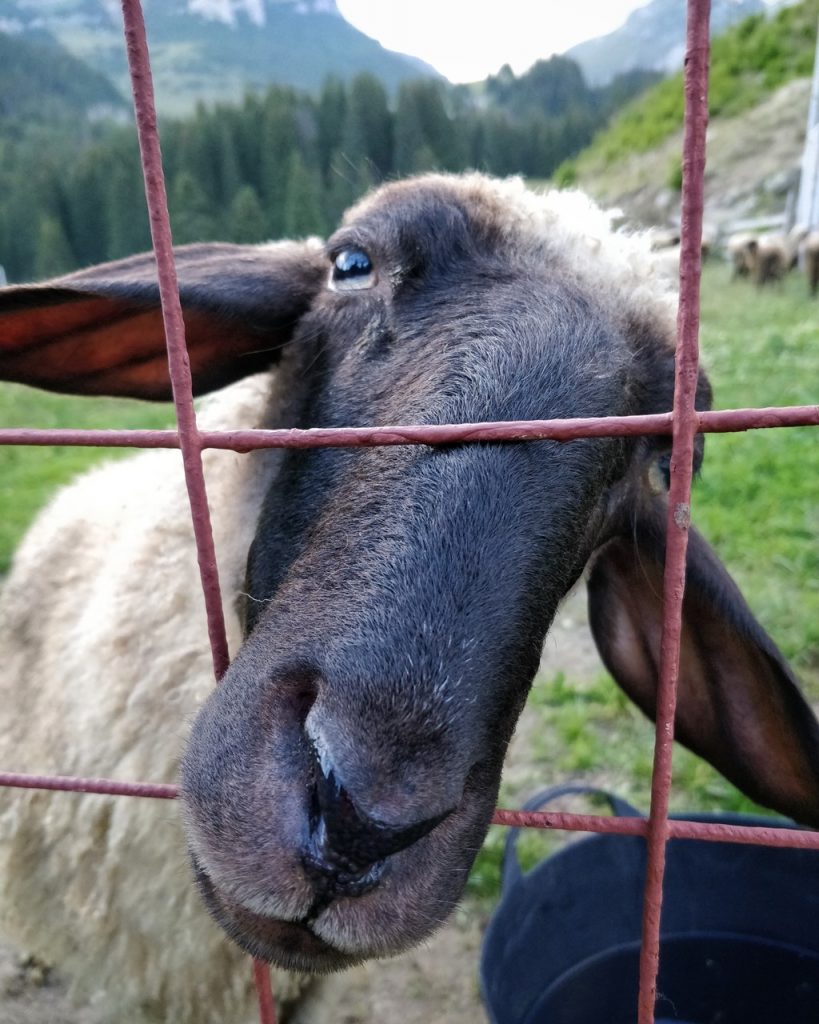Why you should focus on the process instead of outcome
 I have a hobby that most people would probably consider to be weird or even stupid. In my free time, I’m running on mountain trails, competing in races half-marathon long (so at least 21 km / 13 miles). Last weekend, for example, I participated in 23 km long local race called “Marathon 7500”, with 1,600 m elevation, that took me up on one of the highest peaks in my home country (and then I had to descend all the 1,600 m right back to where I started).
I have a hobby that most people would probably consider to be weird or even stupid. In my free time, I’m running on mountain trails, competing in races half-marathon long (so at least 21 km / 13 miles). Last weekend, for example, I participated in 23 km long local race called “Marathon 7500”, with 1,600 m elevation, that took me up on one of the highest peaks in my home country (and then I had to descend all the 1,600 m right back to where I started).
It’s a dangerous hobby, potential life threatening, since there are a lot of things that can go wrong in mountain trail running. First of all, when you live and train close to sea level, your body is not adjusted to running at that altitude, at running above 2,000 m. It’s harder to breathe and there’s a decreased amount of oxygen getting to your muscles.
Also, the weather can change in a jiffy. Now you’re running in suffocating heat, and 10 minutes later a lightning storm appears out of nowhere and you got no place to hide. Last summer I participated in a race that started at 30 degrees Celsius temperatures (86 Fahrenheit) and led us to below freezing temperatures, with a wind that almost blew me off the mountain. It had gusts close to 100 km/h, so I seriously considered taking rocks from the ground and putting them in my backpack.
So why do I do it? Why do I put myself through hell and pain – and even pay money for this? It’s simple. Besides the it’s-so-beautiful-I’m-gonna-cry landscapes, this activity gives me a stability and certainty that I need. I’m confident that I can always tweak my training, my nutritional plan or how much I rest, and I’ll immediately start seeing results.
Compare that to the uncertainty and randomness that rules the entrepreneurial lifestyle. No matter how much effort I put into growing a project, luck and randomness will still play an important factor in the outcome. I can work hard every single waking hour and do everything that it’s in my power, and I still have no guarantee that it will succeed.
On the other hand, with endurance sports there’s nobody else to blame but myself. I’m painfully aware of all the trainings that I missed, all the nights when I didn’t sleep well, all the junk food that I put into my body (running is the reason why I quit drinking alcohol last year – talk about habits that have a domino effect and improve other aspects of your life!). If my speed, time and distance stagnate, it’s solely my fault.
A few years ago, I discovered stoicism, a philosophy that helps me cope better with the stressful environment. One of its principles emphasis the importance of focusing on things that are under our control instead of freaking about the results. I always focus on the process and make sure that I do everything that’s in my power.
For example: when it comes to running, I can make sure that I train on a fixed number of days per week, no matter what else is going on in my life. I turned this into a habit and took willpower out: everybody knows that during workdays I’m training almost every evening, except for Wednesdays (those are my rest days). Before a high altitude competition, I can train directly on the route, so that I can adjust my body to running with less oxygen. I can test a nutritional plan, to see how I react at certain foods.
Here’s how I applied this mindset to growing The CEO Library: instead of telling myself “This week I’m going to publish 5 interviews with entrepreneurs” and freaking out when it doesn’t happen, I set a goal of reaching out to 30 entrepreneurs per week. I created the best cold outreach message I could have thought of. I dug deep to research those folks. I looked for the best way to contact them. I personalized the message for every single one of them, so I didn’t just send the same message to everyone in bulk (which would have decreased the odds of getting a reply back). I sent as many of these as I could, and then I persisted and followed-up on them several times.
In the past year, we’ve published more than 200 interviews with entrepreneurs, CEOs, managers and freelancers – including a few that seemed unapproachable and almost impossible to reach. Of course, I still set a target, otherwise how would I know what I had to measure and where I wanted to go? But I preferred to focus on the process and not stress out when the outcome wasn’t the one I wanted. I made sure that I did everything that was in my power to make it happen. I wasn’t lazy. I didn’t throw the blame on anyone else.
Bobby (my co-founder at The CEO Library) has a similar point of view – he wrote an article about why you should reward behavior, not milestones, go read it for more inspiration (and delicious icecream pics).
Now tell me: how can you apply this mindset in your life – on a personal and business level? Or are you already doing this? I’d love to know more. 🙂
Oh, and the pic above is the real reason why I run. 😛